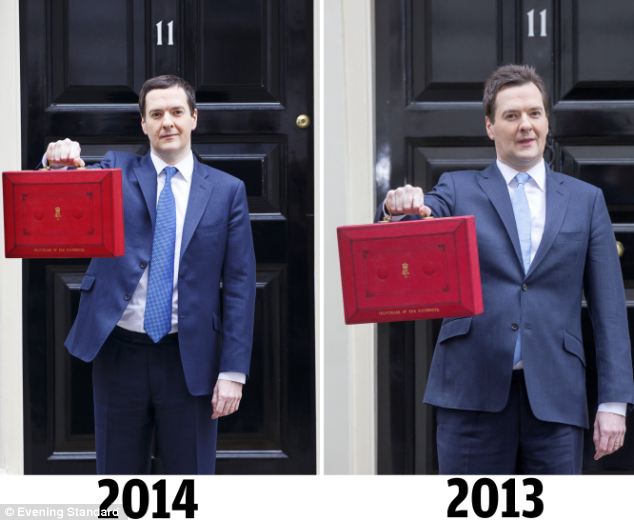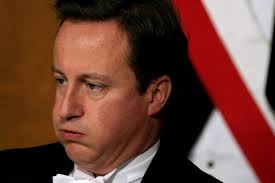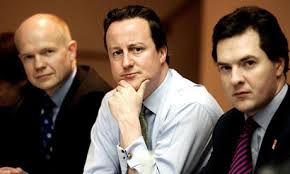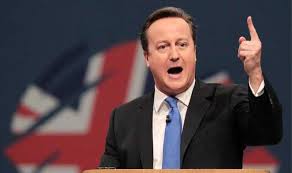Ooh, these bloody Panama Papers.
It’s like having Edward Snowden as your next-door neighbour for Brave Dave Cameron, as The Guardian goes to work on his family’s offshore tax arrangements.
I believe there have so far been four, very carefully-worded, separate statements from Downing Street and Cameron himself on the question of offshore family businesses, trusts, and the beneficiaries of these (tabloid list here). Downing Street kicked off with ‘It’s a private matter,’ but that was very quickly kicked into touch. Let’s hope that with this succession of ‘clarifications’ Brave Dave is not heading in the direction of Bill Clinton’s immortal ‘It depends on what the meaning of “is” is.’
Two things so far reported by The Guardian stand out for me.
First, Brave Dave’s old man, Ian, was listed by the Sunday Times Rich List as being worth £10 million. But in 2010, Brave Dave had a publicly declared inheritance from his father’s estate of only £300,000, just under the £325,000 death duties tax threshold. There are four Cameron siblings, so one wonders where the rest of the loot is? Or perhaps what one would like is an explanation as to why there isn’t any more inherited or inheritable loot. Did Ian have a flutter on the horses, perhaps? As The Guardian notes, Brave Dave said in 2012 that he would be willing to publish full details of his tax affairs, and this seems like a jolly good time to do it.
Second, Ian Cameron’s company Blairmore (surely ‘moreBlair’?) was window-shopping offshore financial centres and paying zero UK taxes even as Brave Dave became Conservative Party leader and began to rail about the moral iniquity of not paying tax as you should. See here for a Brave Dave versus Jimmy Carr ‘Whose tax arrangements might turn out to be less funny?’ comparison. The key is whether Brave Dave’s immediate family benefited, or will benefit, in any way, at any time, from Ian’s quite legal but morally unpleasant tax avoidance wheezes.
Poor old Brave Dave. Why isn’t this happening to someone less agreeable? Like Boris. Or the Thin Controller.
Later, more:
Well, just this evening Brave Dave has gone on tv and admitted he’s done a little bit of a porky pie. He sold some shares in moreBlair just before becoming PM for a profit of £19,000. This is the fifth ‘clarification’.
Is it enough to draw a line under the affair? Dave is surely hoping so. But I can’t quite see it myself. £19k doesn’t quite fill the hole on the back of my envelope. Although, it is just an envelope…
Here is The Guardian report.
Friday, 8 April, more:
The Guardian‘s Juliette Garside parses Brave Dave’s television interview of last night, here. See her comments down the right hand side. The trail, me suspects, leads to the sleazy island of Jersey… Odds on Brave Dave resigning have shortened from 20/1 to 11/2. Still a reasonable earner. And tax-free, too. I might send a child in a trench-coat over to the bookies’ to put down a tenner.
5 minutes later:
Jesus, Mary and Joseph. Odds on Brave Dave going this year are now 5/2…
Monday, 11 April:
This is excellent, from today’s Guardian.
Will it be another bad week for Brave Dave? Over the weekend, Downing Street published a short and sanitised introduction to Dave’s tax affairs. Not even worth posting, since it is just spin. The pressure continues to mount for Dave to take his pants off, and reveal the full story. And the Thin Controller is feeling the heat too. The Treasury said last week he would not publish his fiscal break-down. Now Treasury is hinting he might offer up something. And there are loud demands to know who across the entire cabinet has offshore interests.
I feel so sorry for the Tories that I have posted the leaflet of their local council candidate in my house window. No one on my whole road votes Tory to my knowledge. So someone has to stick up for these poor rentiers…
Monday, 11 April, later:
The Thin Controller has published his 2014-15 tax return:
£3 interest on money in the bank. A timely reminder of how the poor, who have nothing but a little cash in the bank, have been royally screwed by record-low interest rates while the rentier class makes out like bandits from asset appreciation fuelled by cheap debt.
£33k is the Thin Controller’s half-share (wife has the other half) of one year’s rent on his London property.
£44k is dividends from Sloane-apocalypse wallpaper business Osborne and Little.
Effective rate of taxation on the whole lot, earned an unearned (including 120k salary) is 36 percent.
And Boris has published his tax summary. Unlike the Thin Controller, he has given us multiple years (what’s going on there, George?).
The highlights:
In 2014-15 Boris pulled down £266,000 for his pisspoor Daily Telegraph column. He claims to knock out his columns ‘very fast’ on a Sunday morning, and they certainly read that way. The latest lauds Assad for having saved Palmyra from Isil.
In 2014-15 Boris earned £224,000 in book royalties, reminding us that the British public prefers to read this, when it could be reading this.
Add in the Mayoral salary for London and Boris made, gross £612,583 in 2014-15. Although there is no way he will be elected prime minister, I think he comes out of the this tax return publishing episode better than either Brave Dave or the Thin Controller. No offshore filth. No rentier income, either from bricks and mortar or from daddy’s business. Boris does actually earn his money. Which is why he pays a significantly higher effective rate of taxation than the Thin Controller. Ah, the logic of our times…














